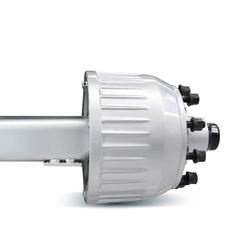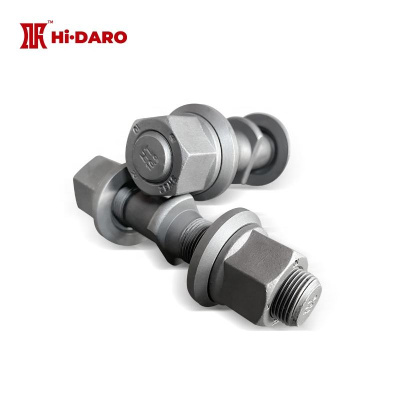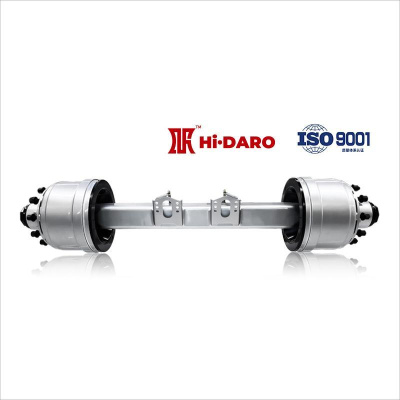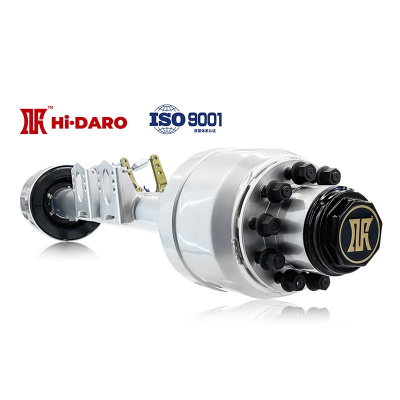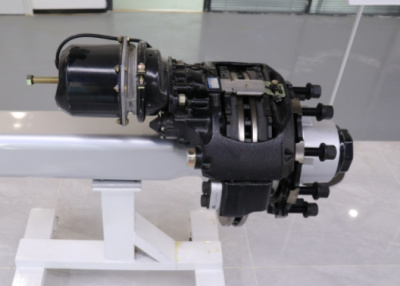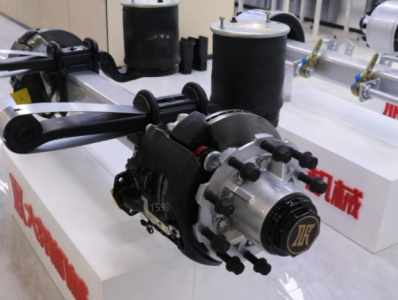What are the unique advantages of oil and gas suspension?
Since the introduction of GB7258 "Technical Conditions for Motor Vehicle Operation Safety", air suspensions have been installed more and more frequently on three-axis fence-type and warehouse-type semi-trailers. Compared with the traditional leaf spring suspension, the air suspension has light weight and good weight reduction effect. While improving the ride comfort of the vehicle, it can also realize free lifting of single or multiple bridges. The advantages are very obvious.
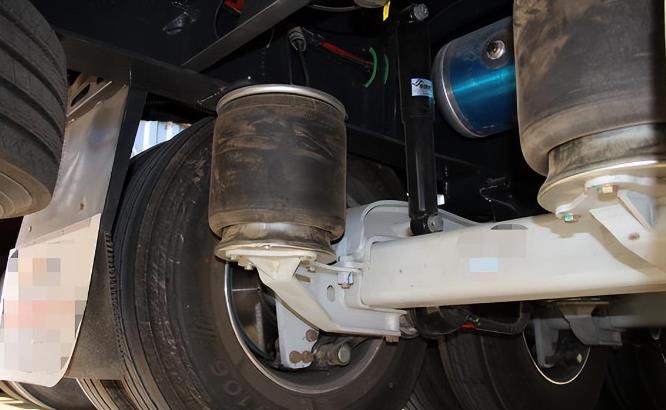
The air suspension uses air as the medium, and the shock absorption performance is indeed excellent, but relatively, the rigidity deteriorates to a certain extent, the restrictions on the transport weight are very strict, the material is also more easily damaged, and the anti-rolling ability is relatively weakened, so it is not suitable for Complex working conditions.
So, can we find a suspension that can not only achieve the shock absorption effect of air suspension, but also take into account the needs of bearing capacity and complex road conditions? Oil and gas suspension came into being.
Oil and gas suspension is not a new product. It came out as early as the 1960s. It was first applied to aircraft landing gear to improve the stability of aircraft landing, and then gradually expanded to military special vehicles and engineering vehicles. It is also used in Germany and Japan. Japanese heavy vehicles.
The oil-pneumatic suspension belongs to a special air suspension. It uses the inert gas in the accumulator as the elastic element, the oil in the system as the intermediate medium of force transmission, and uses the damping hole and the one-way valve assembly as the damping element. The pressure change of the inert gas in the system automatically adapts to the complex working conditions during the driving process of the vehicle, and the distribution system uses the flow of oil to achieve functions such as balancing the axle load, damping vibration, and adjusting the height of the vehicle body.
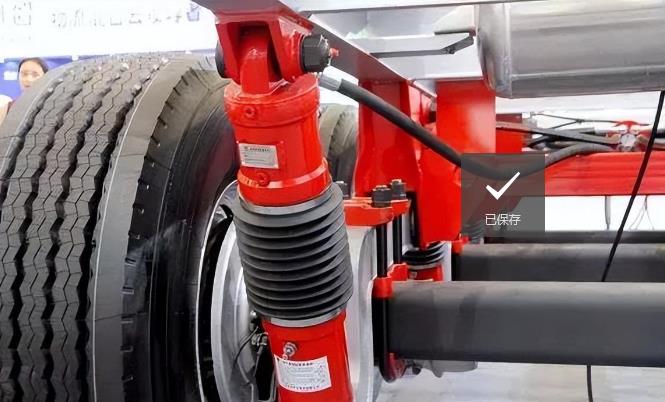
It can also be said that the oil-pneumatic suspension is a two-in-one product of the damping element and the air suspension, which is safer and more reliable than the current general-purpose air suspension.
So what are the advantages of oil and gas suspension?
1. Good shock absorption performance: oil and gas springs can ensure the constant height of the carriage, reduce the shaking caused by vehicle bumps, reduce the impact on the cargo compartment, protect the safety of the cargo, and prolong the service life of the vehicle.
2. Enhance the protection of tires and other accessories: the oil-pneumatic suspension can more effectively absorb the vibration caused by the uneven road surface, reduce the distortion and impact of the vehicle during driving, and damage the axles, axles, tires, frames, cargo compartments, etc. Provides good protection.
3. More economical: The economy of the oil-pneumatic suspension is mainly reflected in reducing tire wear and fuel consumption. The shock absorption stress of the oil-pneumatic suspension is almost zero, which can minimize the loss of tires. Under normal conditions, the fuel consumption per 100 miles can be reduced to more than 1.2L.
4. The safety is improved: the oil-pneumatic suspension transport is more stable, the center of gravity of the vehicle hardly changes when the vehicle is running, and the axial and radial stability is good. The use of oil-pneumatic suspension can also effectively avoid the forward impact of the vehicle during emergency braking, avoid the rollover of the vehicle when turning at high speed, and can obviously restrain the vehicle from drifting under slippery road conditions such as rainy and snowy weather.
5. The bearing capacity is improved: the oil-gas suspension has a large energy storage ratio and a small dynamic load coefficient. Under the same rated load, it can withstand greater load impacts and better cope with sudden impact peaks.
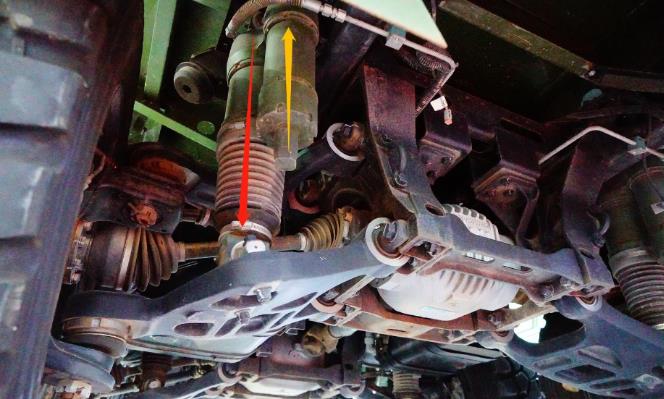
6. Longer maintenance cycle: According to relevant statistics, the service life of the oil-pneumatic suspension can be about 20% higher than that of the air suspension. In addition, the maintenance cycle is also longer, which can improve the utilization efficiency of the vehicle.
Some car owners may ask: Is there no disadvantage to the oil-pneumatic suspension? There are advantages and disadvantages in everything. Of course, oil-gas suspension also has disadvantages. One of the most intuitive ones is that the purchase and maintenance costs are too high. Due to its special structure, subsequent maintenance costs should not be underestimated. This may restrict the development of oil-gas suspension and one of the most important factors for application.
